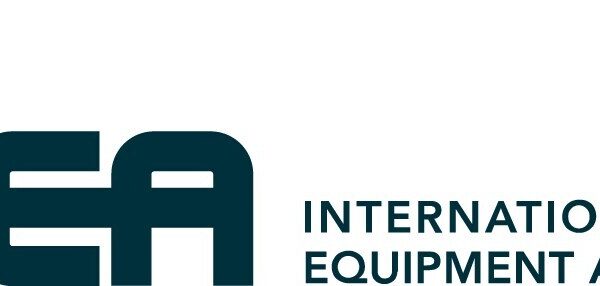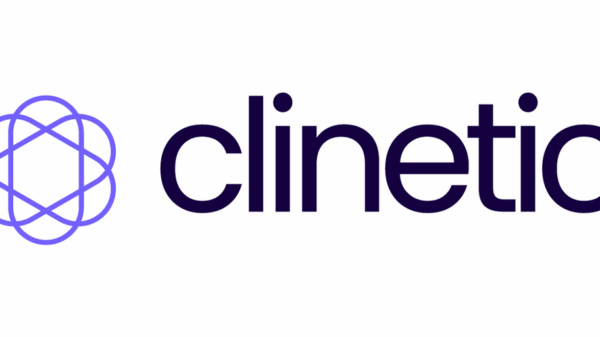In healthcare, emergencies often manifest through visible alarms and frantic medical personnel. However, a quieter crisis looms within hospital walls: inefficient asset management. Such mismanagement can lead to not only lost time and increased costs but also significant risks to patient care. As hospitals increasingly invest in advanced technologies like surgical robots and AI diagnostics, they must also refine their strategies for managing essential physical assets, including infusion pumps, ventilators, and diagnostic tools.
The Impact of Mismanaged Equipment
Research indicates that approximately 15% to 20% of a hospital’s equipment is either misplaced or underutilized at any time. In larger facilities, this can equate to hundreds of machines that sit idle. Staff often find themselves scrambling to locate functioning equipment, which can lead to delays in treatment and diagnostics.
This issue extends beyond logistical challenges. The consequences include:
– **Patient care**: Delays in accessing necessary equipment can hinder timely diagnostics and treatment.
– **Clinical staff**: Time wasted searching for equipment contributes to burnout among healthcare providers.
– **Hospital budgets**: Mismanagement often results in unnecessary purchases or rentals of equipment.
– **Compliance and safety**: Missing maintenance checks can compromise the functionality of critical assets, posing risks to patient safety.
The ramifications of a single undetected malfunctioning device can trigger a cascade of complications that no healthcare institution can afford.
Modern Solutions for Asset Management
Despite advancements in technology, many healthcare facilities still rely on outdated asset management practices, including manual logs and Excel spreadsheets. Biomedical teams frequently depend on paper-based service records or insufficiently integrated maintenance systems. This disconnect not only opens the door to human error but also leaves critical maintenance data misaligned with real-time operational needs.
The introduction of artificial intelligence (AI) into hospital asset management is not about replacing human workers; it is about enhancing operational efficiency. AI can provide:
– **Predictive maintenance**: Algorithms analyze equipment usage to predict failures before they occur.
– **Automated compliance**: Real-time updates on calibration schedules ensure that equipment meets required standards, reducing the burden of audits.
– **Smart allocation**: AI systems can identify underutilized assets and redistribute them based on demand.
– **Digital twin models**: These create virtual representations of physical assets, aiding in better planning and forecasting.
This technological shift empowers biomedical engineers and hospital administrators, enabling them to make informed and timely decisions.
The return on investment (ROI) from AI in asset management is substantial. Hospitals can save millions each year by optimizing maintenance, reducing equipment downtime, and minimizing unnecessary purchases. However, the benefits extend beyond financial savings; they also enhance staff morale and patient experiences. For example, a nurse can remain at a patient’s side rather than searching for equipment, and technicians can detect potential failures before they impact care delivery.
Before hospitals can fully leverage AI, they must first recognize the importance of asset management as a fundamental component of clinical operations. It is essential to view this issue not merely as an administrative concern but as a critical enabler of patient care. Discussions surrounding efficiency, budgets, and digital transformation must include asset management alongside electronic health records (EHRs) and AI diagnostics.
The ongoing challenges faced by hospitals in the aftermath of the COVID-19 pandemic demand attention. With staff shortages, tighter budgets, and increased patient demands, the need for effective asset management has never been more pressing. While innovations like surgical robots and telemedicine capture headlines, AI-driven asset management represents a crucial, albeit quieter, revolution that can mitigate the risks of future crises in healthcare.
Addressing these systemic issues is not just important; it is necessary for the continued delivery of high-quality patient care.



































































